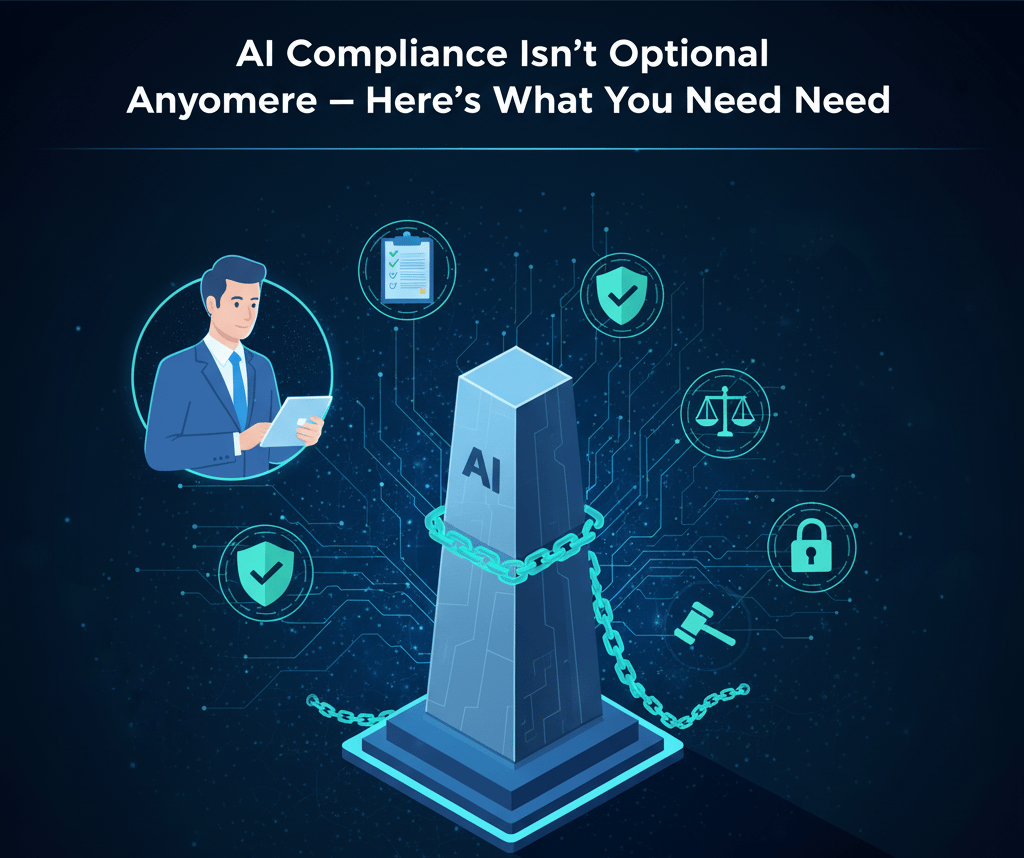AI Compliance Isn’t Optional Anymore
9/23/20251 min read


The Importance of AI Compliance
In today's rapidly evolving technological landscape, AI compliance isn’t optional anymore. Organizations leveraging artificial intelligence must ensure they operate within the legal frameworks established to protect user rights and promote ethical practices. The integration of AI technologies into business processes can provide significant advantages, from increased efficiency to enhanced decision-making capabilities. However, this integration comes with a responsibility to comply with regulations that govern AI usage.
Understanding Regulatory Requirements
Regulatory requirements vary widely depending on the jurisdiction and the nature of the AI systems employed. Key regulations focus on data privacy, security, and ethical AI use, requiring businesses to implement specific compliance measures. Companies using AI technologies must stay ahead of these regulations, as failure to comply can result in severe penalties, including fines and reputational damage.
How Dynamic Comply Services Can Assist
Dynamic Comply Services offer organizations the tools and frameworks necessary to navigate the complexities of AI compliance. Through comprehensive risk assessments, policy formulation, and employee training, these services help businesses understand and adopt the best practices for AI governance. By utilizing Dynamic Comply Services, companies can not only ensure compliance with existing regulations but also anticipate future changes in the regulatory landscape.
Moreover, the effective implementation of compliance strategies facilitates trust between businesses and their customers. When organizations prioritize AI compliance, they demonstrate a commitment to safeguarding user privacy and adhering to ethical standards, ultimately fostering a positive public image.
In conclusion, it is imperative that organizations recognize the necessity of AI compliance in the modern business environment. Relying on Dynamic Comply Services enables businesses to meet their compliance obligations effectively while focusing on innovation and growth. As the landscape of technology continues to advance, making compliance a priority will not only protect organizations legally but also provide a competitive edge in an increasingly responsible marketplace.
Connect:
(571) 306-0036
© 2025. All rights reserved.
